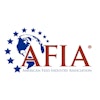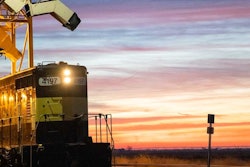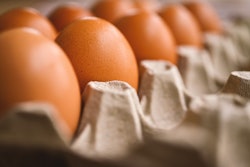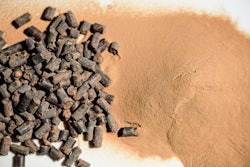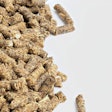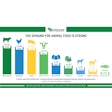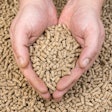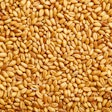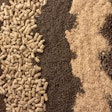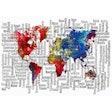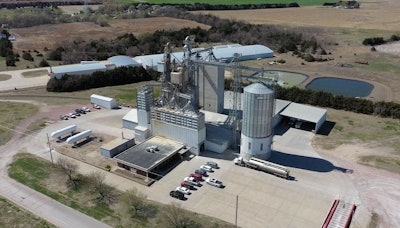
Central Valley Ag (CVA), headquartered in York, Nebraska, will transition its Duncan, Nebraska, facility to an antibiotic-free facility.
The Duncan feed mill produces supplements, minerals and complete feeds for poultry, swine and beef. After the process of switching to antibiotic-free is complete, the mill will be able to produce high-value, antibiotic-free feed for multiple species.
The company says it is at its production capacity for non-antibiotic feeds and adding the Duncan mill will increase capacity by 10 times. CVA produces pet food in one of its mills for "pocket pets," such as rabbits and guinea pigs, that is antibiotic-free.
“The consumer, not only in the U.S. but around the world, has stated very definitely that they do not want antibiotics in the food products that they’re buying,” said Robert Turek, SVP of feed. "They prefer antibiotic-free for themselves and their pets, which are part of their family.”
Animal feed mill regulations
Many regulations must be met to become an antibiotic-free mill and a lot of work must be done before CVA can make the switch from conventional to non-medicated products, said Turek.
“We have to clean every single nook and cranny out of the whole mill,” said Turek. "There are stringent certifications and practices we have to meet in order to be labeled as antibiotic-free. They require regularly scheduled, third party audits to verify we have met these certifications before the mill is able to start producing feed.”
When complete, the products produced at Duncan will meet human food grade standards, meaning product produced in the mill will be of high enough quality for human consumption.
This change will allow the CVA feed division to remain sustainable and relevant into the future and be able to serve the ever-changing animal foods market, said Turek.
